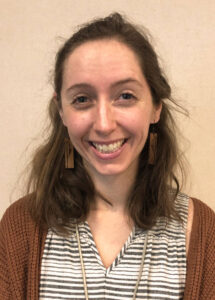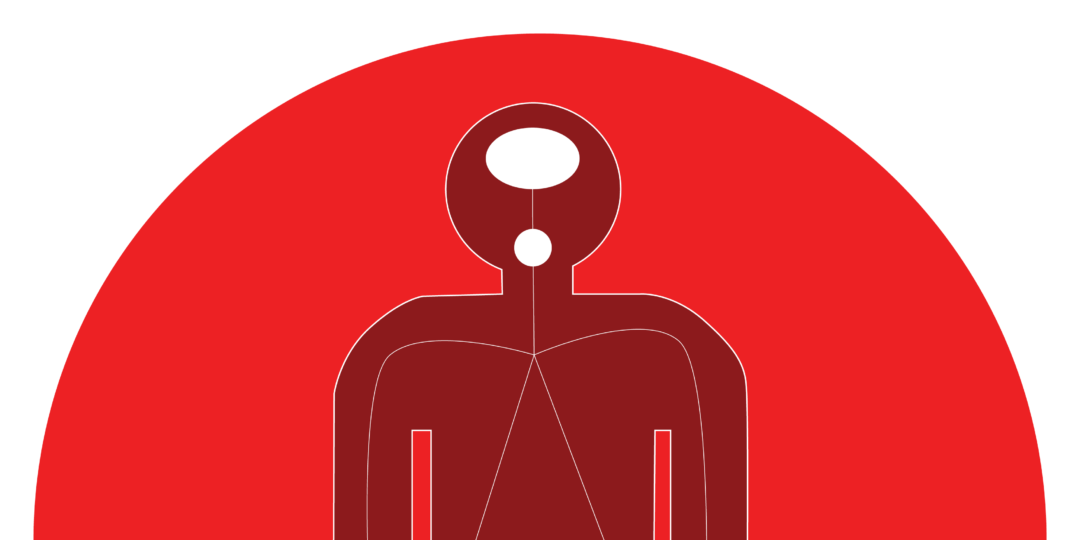 By Rachel McKian, CCC-SLP
By Rachel McKian, CCC-SLP
What is speech language pathology? What is speech? What is language? What do speech therapists do? Could my child benefit from speech therapy? These are all questions that I’m asked regularly as a speech language pathologist. The easy answer is I work with any and all parts of communication and the oral mechanism (how your tonsils, mouth, lips jaw, throat and teeth work together so that you can talk and eat).
But what does this actually look like on a day-to-day basis? These are just some examples of common things I can help families with:
Articulation is the sounds we say. If a child has an articulation disorder/delay, they may not be saying as many sounds as they should for their age or their sounds may come out incorrectly. Most children can say many sounds by age 5, with all sounds typically mastered by age 8.
Phonology is speech sound patterns. If a child has a phonological disorder, they may be able to produce all or most sounds, but may have patterns of errors. For example, they may delete the final sounds in words (e.g. “ca” for “cat”), delete consonants in a blend (e.g. “back” for “black”), or other error patterns.
Apraxia is a motor speech disorder, which makes it challenging for a child to communicate effectively. Most children with apraxia understand language well, and know what they want to say; however, have challenges in sequencing speech sounds to form words consistently and accurately.
Expressive Language is the words we use to communicate our thoughts and ideas. Expressive language is a part of everything we do. Children with expressive language deficits may have difficulty using the correct word, using the correct word order, or may use vague words frequently (such as “thing” or “stuff”). Expressive language deficits may impact written language as well.
Receptive Language is our ability to understand what others communicate with us. Children who have receptive language deficits may have difficulty following directions or answering questions. In school age children, this may have an impact on listening and reading comprehension and math. In upper elementary, middle, or high school, children may not recall all of the steps to solve math equations.
Pragmatic/Social Language is our ability to understand and use appropriate social skills in various environments with various people. A child with a pragmatic/social language deficit may use too much or too little eye contact, give too much or too little personal space, use voice volume incorrectly (ie yelling in a library or in the classroom), or use the incorrect type of tone when speaking to people of different ages or statuses (ie talking to a teacher the same way they talk to a peer).
Augmentative and Alternative Communication (AAC): Not all children are able to communicate verbally, and sometimes AAC is used while a child is developing verbal communication skills as a supplement. SLPs complete an evaluation/trial of a variety of communication devices (high tech, low tech, etc) to determine the most effective/efficient device for each individual communicator.
Fluency/Stuttering is when a child repeats part or all of a word or phrase, prolongs sounds in a word, or when a sound seems to be “stuck” and a child has a hard time getting the sound to come out. Stuttering can impact a child’s confidence in communicating as well as others’ understanding of what he/she/they say.
A voice disorder is when a child’s voice sounds vastly different from the voice of others. It may sound “scratchy” or “froggy.” A voice disorder can be caused by damage to the vocal folds due to overuse (such as frequent yelling, throat clearing, or coughing) or intubation.
Feeding/swallowing disorders occur when a child has difficulty with any phase of the eating process, which includes the basic functions of sucking, chewing, and swallowing. At times, this may appear as picky eating because the process of eating may be difficult.
Again, these are just some examples of common things I see and treat. If you have concerns for your child in any of these areas, please reach out to your primary medical care provider to see if a speech/language or feeding/swallowing referral may be appropriate. Everyone deserves a chance to be heard and understood!
Rachel McKian is a pediatric speech language pathologist at NorthLakes Community Clinic. She currently sees patients in Ashland.





